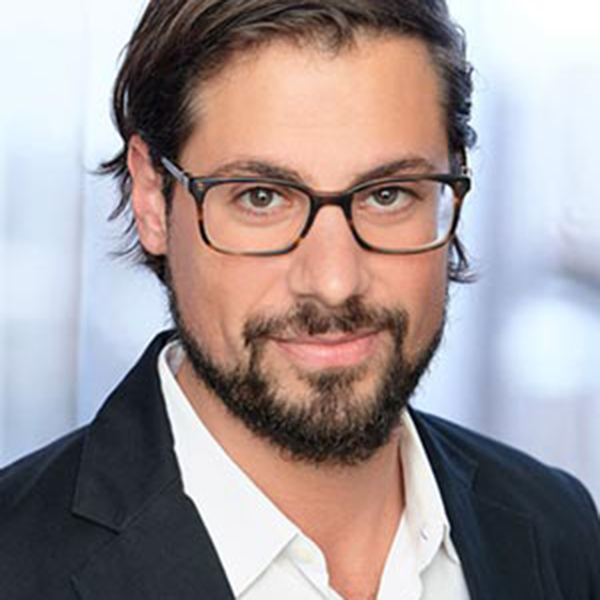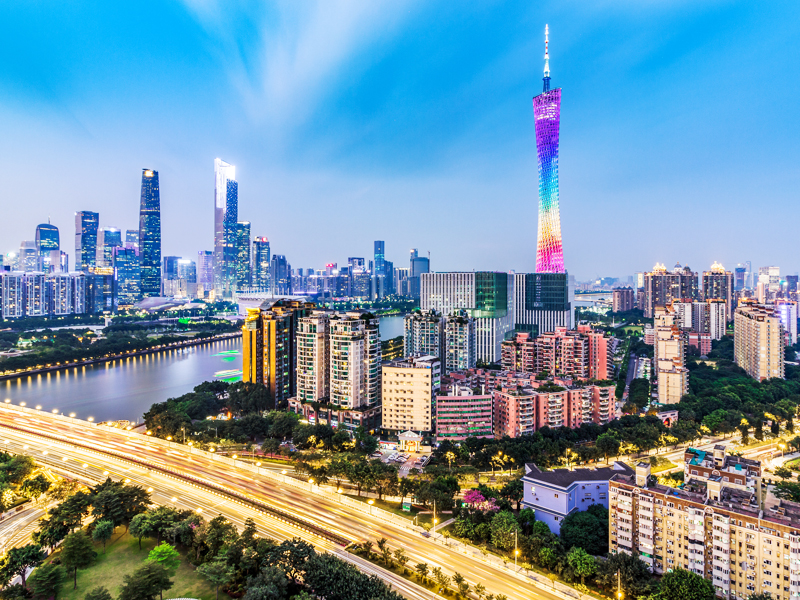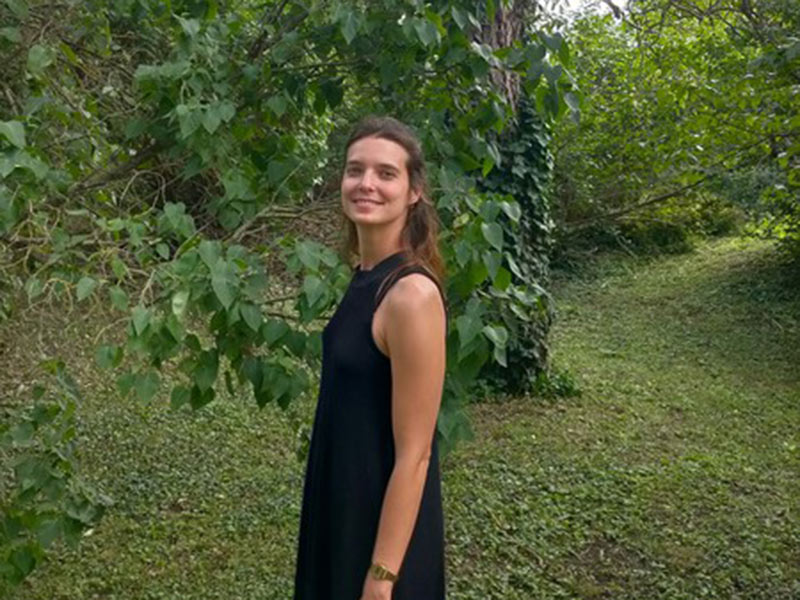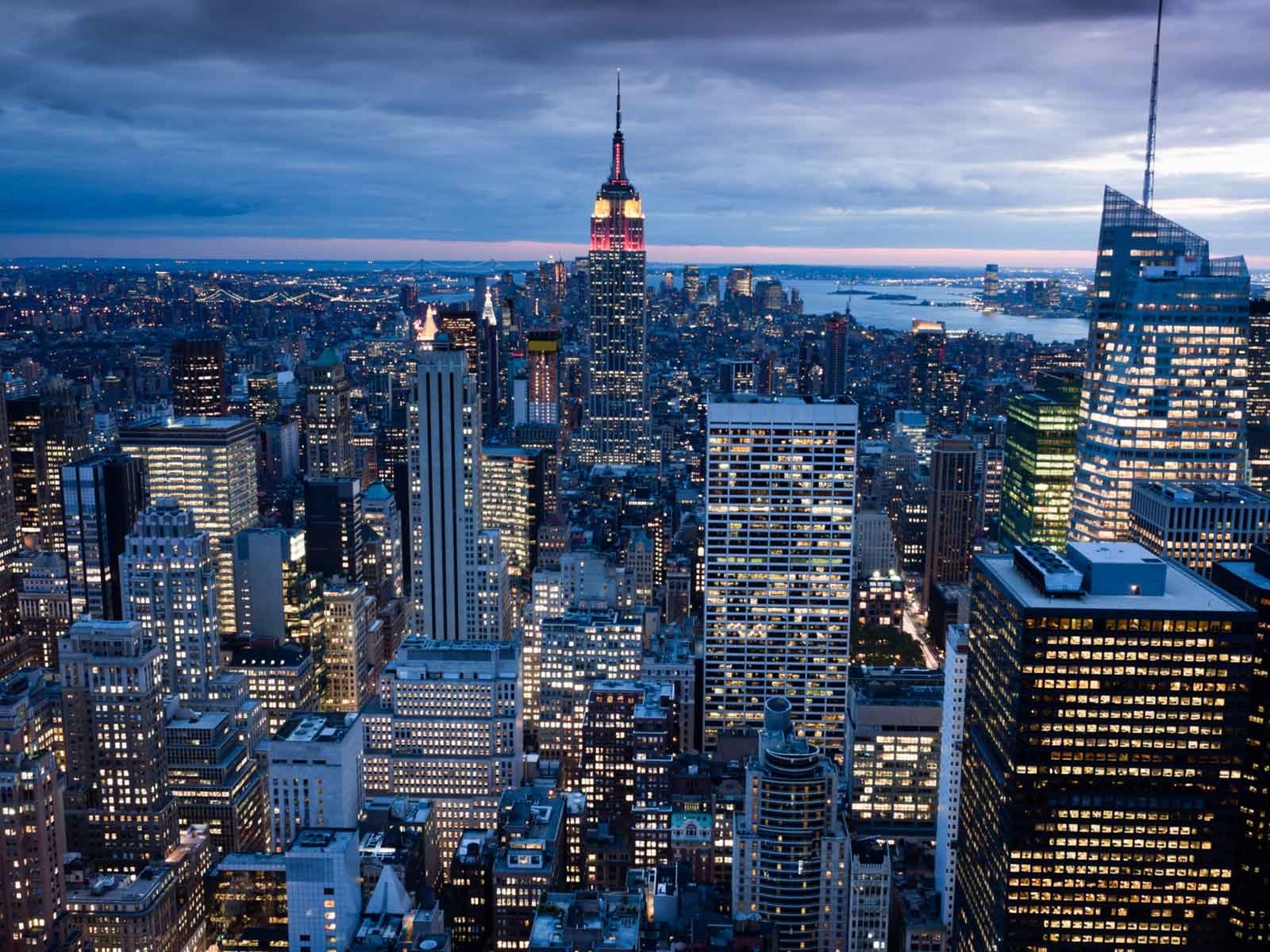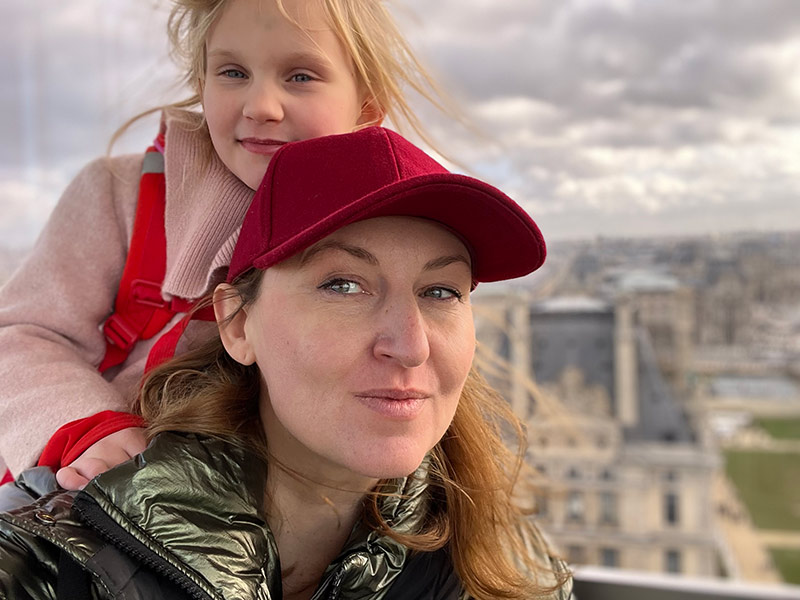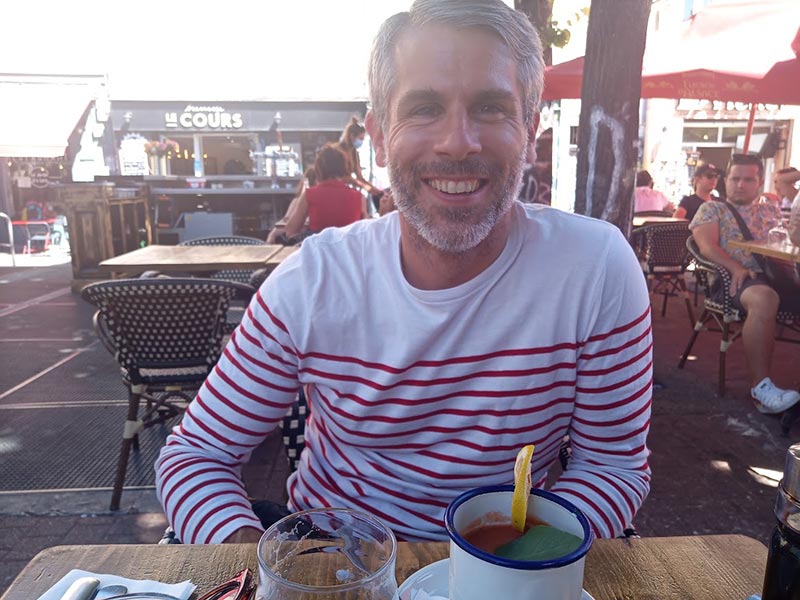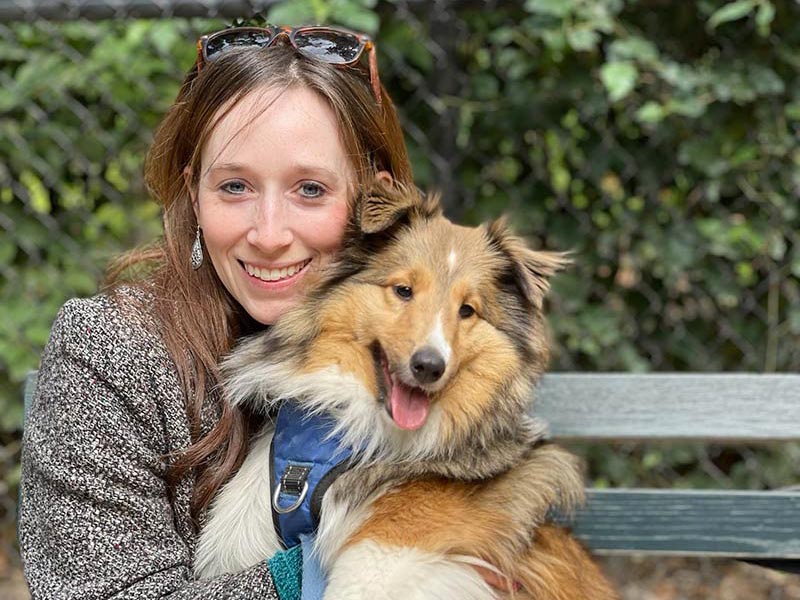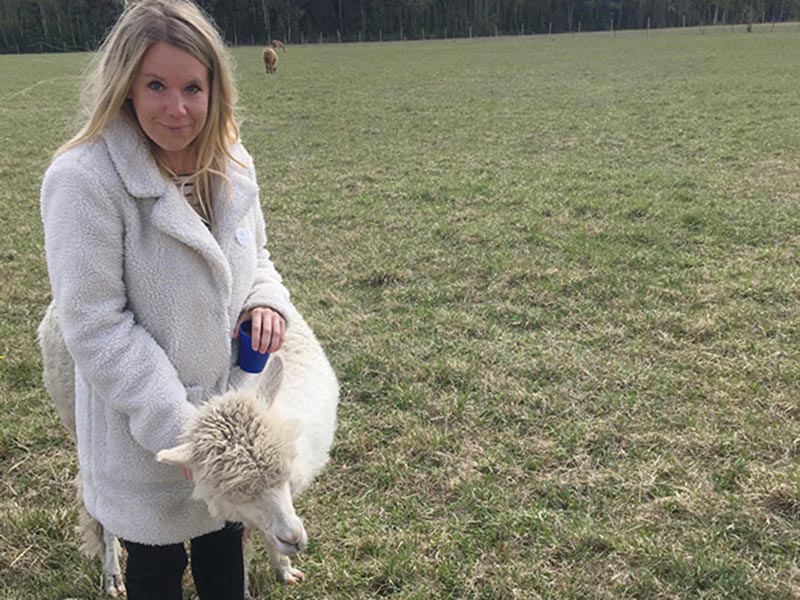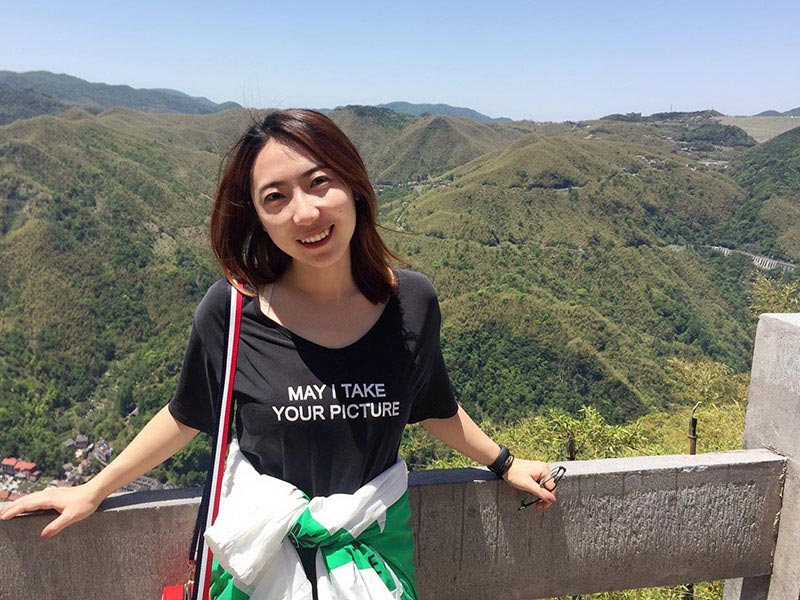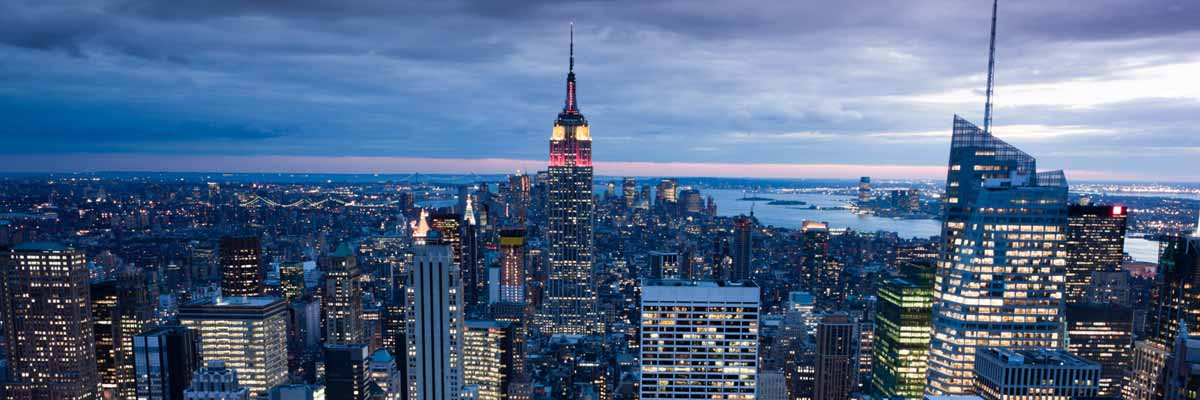
Inside BSR is our monthly series featuring BSR team members around the world. With Pride Month just days away, we connected with Salah Husseini, an Associate Director based in NYC working on our human rights team and leading the collaborative initiative Partnership for Global LGBTI Equality.
Salah chatted with us about his Syrian heritage, the high-school summer job that shaped his sustainability journey, and his passion for human rights and making those principles universal.

Tell us a bit about your background. Where are you from, where are you based, and how have you been since COVID-19/work from home/etc.?
I grew up in a suburb of Detroit. My parents are Syrian immigrants, so I also spent my summers in Syria with extended family. I have lived in Brooklyn, New York for about ten years, with stints in Los Angeles, Washington, D.C., Ann Arbor, and Spain before that. But New York is very much home and is probably the only place I have lived that has felt that way given how international it is. I spent most of the pandemic working from home in Brooklyn, but I have also been lucky to be able to spend significant time with family and friends in other locations, which has been really wonderful.
What are some interesting projects that you get to work on as part of your role at BSR? What do you enjoy about them?
Much of my work focuses on helping companies understand and address their human rights risks, impacts, and opportunities, and this can lead you down some very interesting and challenging paths. For example, one of my favorite projects at the moment is with a company in the travel and tourism sector, and we are helping them assess and mitigate the risks of tourism generally, including tourism in conflict-affected areas—not just to the guests but to local communities as well. This means really thinking through how tourism and other forms of business activity can have an impact on communities, whether good or bad. This has required us to tackle head-on what a company’s role should be in addressing these risks and impacts as well as exploring business models that promote positive outcomes. What I really enjoy about this field is that each project raises some unique issues with very meaty, real-world consequences.
How did you get into working on sustainable business? How long have you been at BSR? What is your current role and what does that entail?
I have been at BSR for five years, all of which has been on the human rights team, where I focus on working with companies to implement the UN Guiding Principles on Business and Human Rights. This primarily means building out approaches to identifying and addressing human rights risks and impacts across corporate operations. It is an exciting and ever-evolving field, and I really enjoy it.
In terms of how I came to the field, being Syrian but born and raised in the U.S., I have always felt immensely privileged in terms of the opportunities I have access to, which is probably where my interest in human rights and working to make those concepts universal comes from.
The other significant experience that brought me to this field is a summer job I had throughout my high school years at an auto parts manufacturer. And I don’t mean to flaunt any blue-collar credibility here—I was a spoiled kid from a wealthy Detroit suburb, the company was owned by my parents’ neighbor, and I likely got stuck with the worst jobs on the factory floor due to a wink-and-nod arrangement between my parents and their neighbor. But the experience really stayed with me and served as a real eye-opener to the realities and dynamics of life for most. Part of me believes that if every executive at a large company spent a year in the shoes of their most vulnerable employees and tried living off those wages, there would not be a need for organizations like BSR.
What issues are you passionate about and why? Does your work at BSR reflect that?
I think I am quite passionate about the universality of human rights principles and do feel like this message is at the core of BSR’s human rights practice. Challenges to these principles come from a lot of places, including governments, societies, and the private sector, but all can and must play a role in promoting these universal values as well. BSR is a pretty unique place to work in that we engage across these sectors to further these universal values.
2020 was undoubtedly a difficult year. What were the things that brought you joy amid lockdowns/quarantines? What are you most looking forward to in 2021/when the pandemic is over?
Like many, for me the pandemic was stressful but brought with it many silver linings that really helped me reprioritize the important things in life. Working from home, not traveling constantly for work, and having more free time allowed me to spend more of that time with friends and family. Having gotten that time with them back, I will not want to give that up once things return to normal. The flexibility meant I could spend more time with my new niece who was born in March 2020, a COVID baby if there ever was one. That extra time with her and the rest of my family and friends has been an incredible blessing and has given me a tremendous sense of joy and comfort.
One of my favorite aspects of my Arab and Muslim identity is the centrality of community—both in terms of the emphasis on having friends and family in one’s life regularly but also concerning the importance of the health and wellbeing of one’s community. I think the pandemic has, in a positive way, forced all of us to think more about our communities, beyond just our individualistic interests, and that is another silver lining that I hope sticks.
In terms of what I am most looking forward to in 2021, it really is the simple things, like being in a crowded restaurant, bar, or dance floor, enjoying big gatherings with the people I am closest to, and once again having spontaneous interactions with strangers without fear of getting too close. And a very long summer vacation on the Mediterranean.
BSR’s latest sustainability insights and events straight to your inbox.
Topics
Let’s talk about how BSR can help you to transform your business and achieve your sustainability goals.
